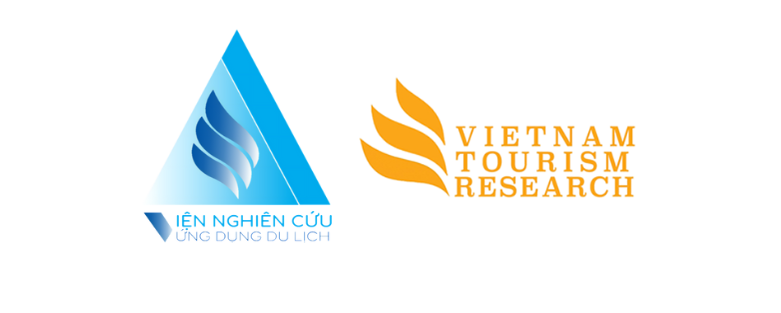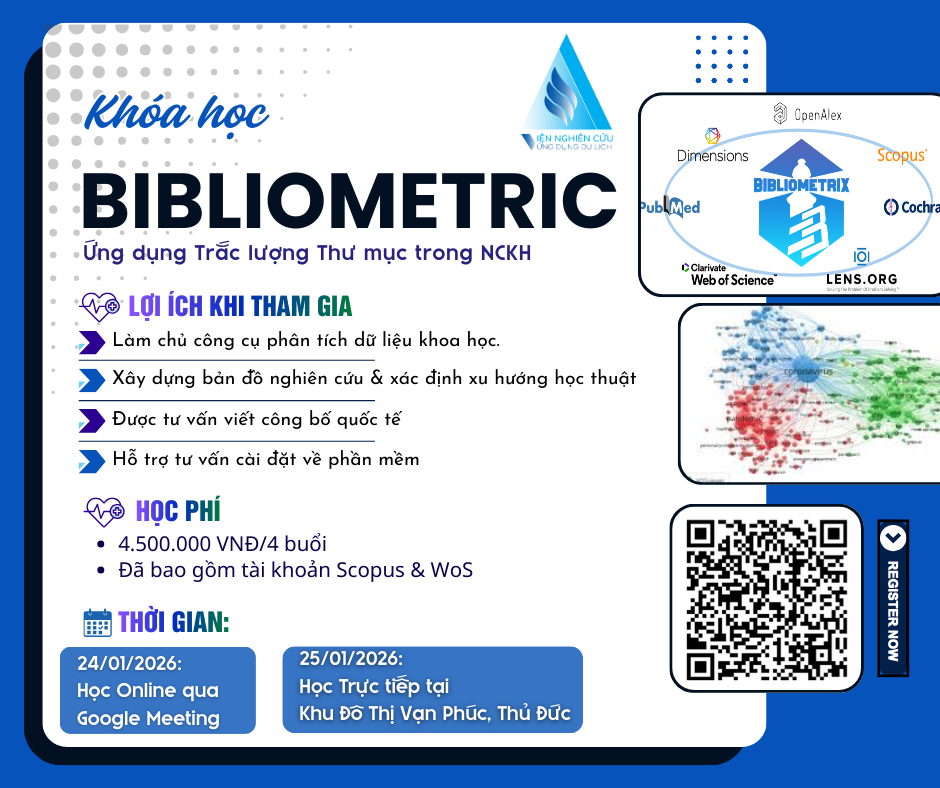This post is also available in:
Tiếng Việt (Vietnamese)
Manila, Philippines – The 5th Annual International Conference on Responsible Tourism and Hospitality (ICRTH 2025) concluded with vibrant energy and inspiration at The Bayleaf Hotel and Lyceum of the Philippines University Cavite.
Under the theme “Responsible Tourism for Sustainable Transformation and Inclusive Societies,” this year’s event became a space for interdisciplinary dialogue and academic-practical collaboration. It brought together tourism professionals from across Southeast Asia and around the world to “build bridges” and redefine the role of tourism in a world deeply shaped by post-pandemic recovery and climate crisis.
The Spirit of Bayanihan: Tourism Beyond Profit
The conference atmosphere was invigorated by the spirit of Bayanihan—a core cultural value in the Philippines symbolizing community collaboration toward shared goals. In this context, tourism was no longer viewed solely as a profit-driven economic sector but as a powerful social tool that fosters equity, preserves the environment and culture, and cultivates deeper human connections.
Dr. Elizabeth Aragon, Dean of International Tourism and Hospitality Management at Lyceum of the Philippines University Manila, emphasized that this year’s conference served as a call to action: to transform individual commitments into collective impact.
She noted that responsible tourism represents the fusion of academic ideals and practical action—it should not remain confined to theory but manifest in community life.
A representative from Emerald Publishing, one of the event’s partners, also remarked that tourism today must be seen as “a force for sustainable and inclusive transformation,” rather than a conventional service-based industry.
Celebrating Responsible Innovation: A Journey of Resilience and Change
One of the highlights of ICRTH 2025 was the Southeast Asia Responsible Tourism Awards Ceremony, held in a warm yet formal setting where 24 initiatives and organizations from across the region were honored with Gold, Silver, and One to Watch awards. This marked only the second time the awards have been hosted in Southeast Asia, continuing the legacy that began in the UK in 2004 and has since expanded to Africa, India, and Latin America.
Mr. Kevin Phun, Director of the Centre for Responsible Tourism Singapore and a jury member, shared that he was especially impressed by grassroots innovations emerging from local communities. Though modest in scale, many of these initiatives were fundamentally transformative—showcasing creativity, sustainability, and a determination to overcome setbacks and continue contributing.
A consistent theme among the winning entries was the use of tourism as a tool to connect stakeholders, particularly local communities, small businesses, and educational institutions.
Meanwhile, Professor Harold Goodwin, founder of the global Responsible Tourism Awards, emphasized that fairness and transparency are core principles. The purpose of the awards, he explained, is not to reward big brands but to identify and amplify best practices that inspire systemic change across the industry.
Inspiring Stories from the Region
Vietnam made a notable impression this year, with multiple initiatives receiving major honors.
The Charaih Eco-Cultural Village Project won the Gold Award in the category of Responsible Package Tourism, exemplifying a balanced integration of tourism development and ethnic cultural preservation.
Additionally, the project “Preserving and Promoting Traditional Vietnamese Games” was recognized in the “One to Watch” category—an esteemed distinction given to high-potential initiatives with future growth prospects.
Six Senses Ninh Van Bay continued to lead in sustainable luxury tourism by securing the Gold Award in the Climate Change Adaptation category. Meanwhile, social enterprise initiatives like Tà Lài Ecolodge and Site One Community Enterprise were among those encouraged for further development.
The Jury’s Special Award this year went to Win 1 Malasaki from the Philippines, a project that deeply engages indigenous communities, exemplifying commitment and innovation in every activity.
Looking Ahead to Sarawak 2026: Continuing the Journey of Responsibility
ICRTH 2026 will take place in Sarawak, Malaysia, from July 6–11, 2026—a destination chosen not only for its geographical convenience but also as a symbol of pristine nature, warm hospitality, and cultural diversity, all foundational values of responsible tourism.
Sarawak will also serve as a focal point for Visit Malaysia Year 2026, with events centered around shared value creation, sustainable waste management, and community education.
Beyond academic sessions, ICRTH 2026 plans to host a series of hands-on workshops for businesses and researchers, aiming to build local capacity in responsible tourism practices from the grassroots level.
Positive Feedback and Global Anticipation
International delegates expressed admiration for the organization of ICRTH 2025.
Professor Yanto Santosa from IPB University, Indonesia, observed a significant increase in both the number and quality of academic presentations, exhibitions, and tourism products, reflecting diverse and rigorous research methodologies.
He emphasized the importance of multilateral forums like ICRTH for fostering regional cooperation, knowledge exchange, and international partnerships in tourism.
Meanwhile, Mr. Daniel, Founder and President of RTM Taiwan, who has attended all five ICRTH editions, expressed deep appreciation for the warmth and openness of both the organizing committee and the Filipino people:“I’ll definitely come back—not just for professional reasons, but because of the hospitality, the warmth—and the crispy fried chicken at Jollibee,” he said, to the audience’s laughter.
From Vietnam, Assoc. Prof. Quang Dai Tuyen shared that ICRTH is not only a hub for academic networking but also a learning and growth platform for young researchers and students—the future of the tourism industry.
Responsible Tourism: A Global Commitment, Not Just a Trend
ICRTH 2025, along with the Southeast Asia Responsible Tourism Awards, has emerged as a global symbol—where tourism is redefined not as a means of consumption, but as a tool for community empowerment, ecological protection, and social inspiration.
Award-winning organizations are now expected to serve as “ambassadors of responsibility,” sharing their knowledge, inspiring others, and sparking the creation of new initiatives.
In a world shifting toward sustainability and human values, the ICRTH conference serves as a reminder of tourism’s true role—and opens a vision of a future where every journey carries a commitment, awareness, and hope for positive change.
“Responsible tourism is not just a nice thing to do—it is a necessity if we want future generations to explore a world that remains diverse, just, and full of life.”













